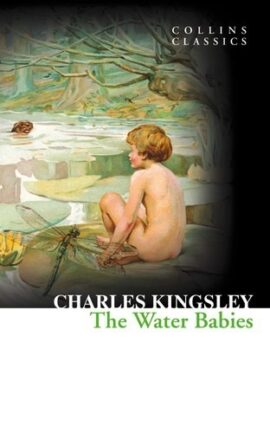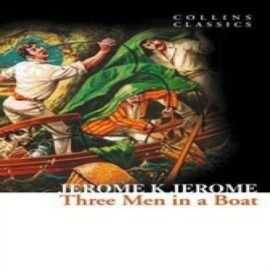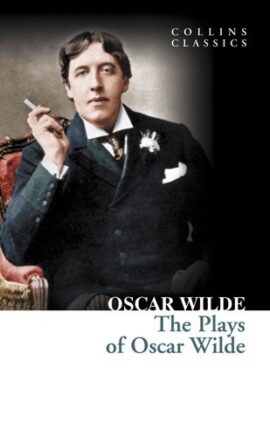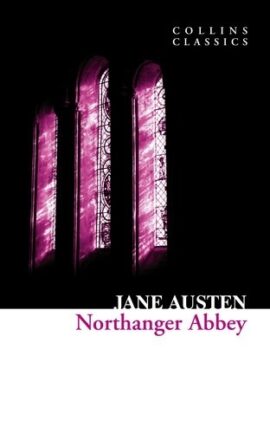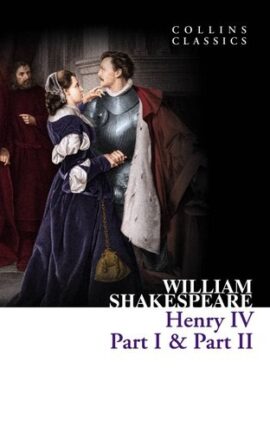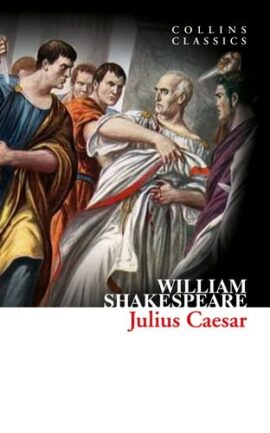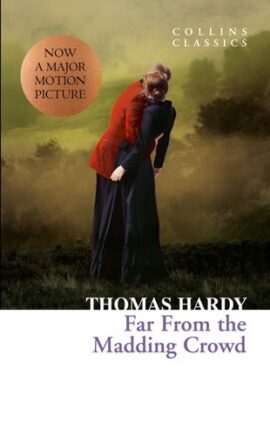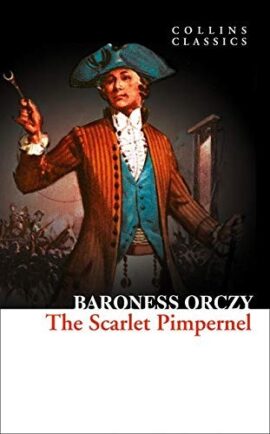The Three Musketeers
800,00 د.ج
HarperCollins is proud to present its new range of best-loved, essential classics.
‘I do not cling to life sufficiently to fear death.’
Adventurous and spirited in tone, The Three Musketeers is considered one of the greatest historical French novels. When Athos, Porthos and Aramis befriend a young and determined country boy d’Artagnan, together they confront the scheming King’s Minister, Cardinal Richelieu and the female spy Milady who threaten to undermine the King. Swashbuckling, romantic and often humourous, Dumas’ novel is a timeless tale of friendship and intrigue.
HarperCollins is proud to present its new range of best-loved, essential classics.
‘I do not cling to life sufficiently to fear death.’
Adventurous and spirited in tone, The Three Musketeers is considered one of the greatest historical French novels. When Athos, Porthos and Aramis befriend a young and determined country boy d’Artagnan, together they confront the scheming King’s Minister, Cardinal Richelieu and the female spy Milady who threaten to undermine the King. Swashbuckling, romantic and often humourous, Dumas’ novel is a timeless tale of friendship and intrigue.
| Editeur |
|---|
Produits similaires
The Water Babies (Collins Classics)
Three Men in a Boat (Collins Classics)
The Plays of Oscar Wilde
Henry IV Part 1 and Part 2
Julius Caesar (Collins Classics)
Far from the Madding Crowd
The Scarlet Pimpernel (Collins Classics)
“Vaguely she began to wonder … which of these worldly men round her was the mysterious ‘Scarlet Pimpernel,’ who held the threads of such daring plots, and the fate of valuable lives in his hands.”
In the early days of the bloody French Revolution, fleeing aristocrats are being captured and sent to the guillotine. But the mysterious Scarlet Pimpernel – along with his band of English gentlemen – is outwitting the revolutionaries. Known only by his calling card, he arrives in disguise and smuggles the nobles out of danger to the safety of England. But can he guard his true identity forever, or will he give his life for his cause?


